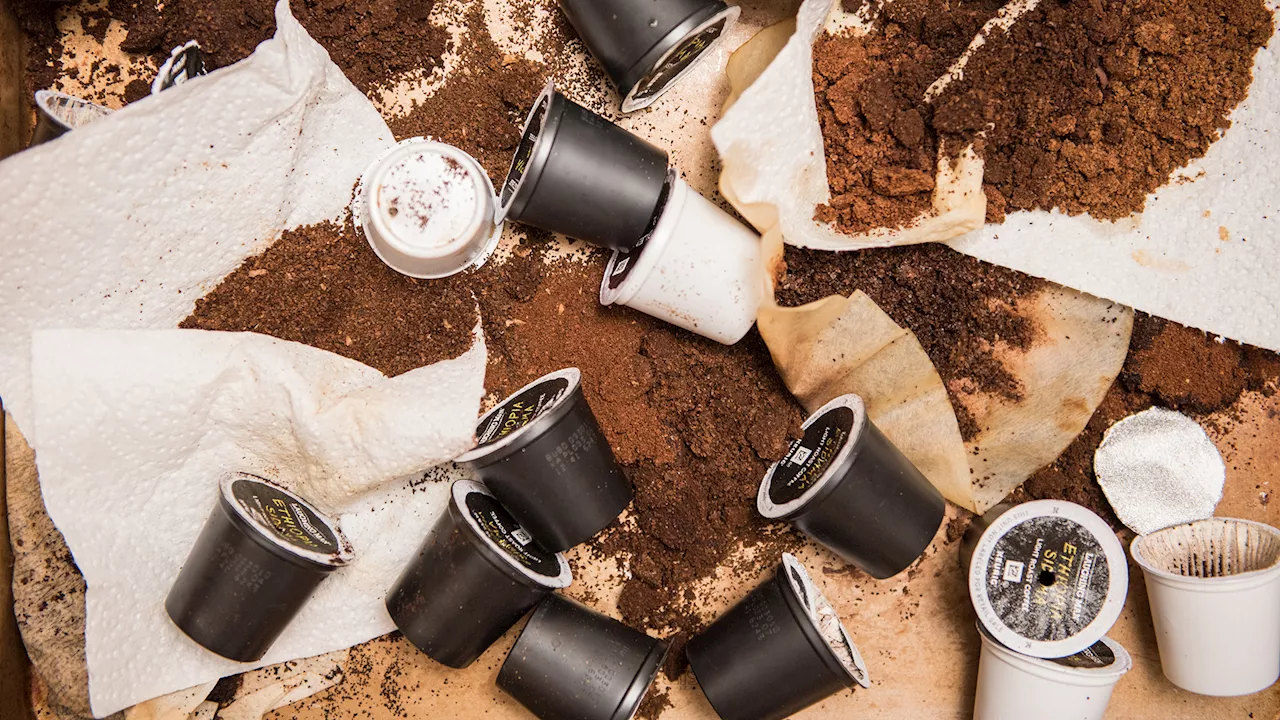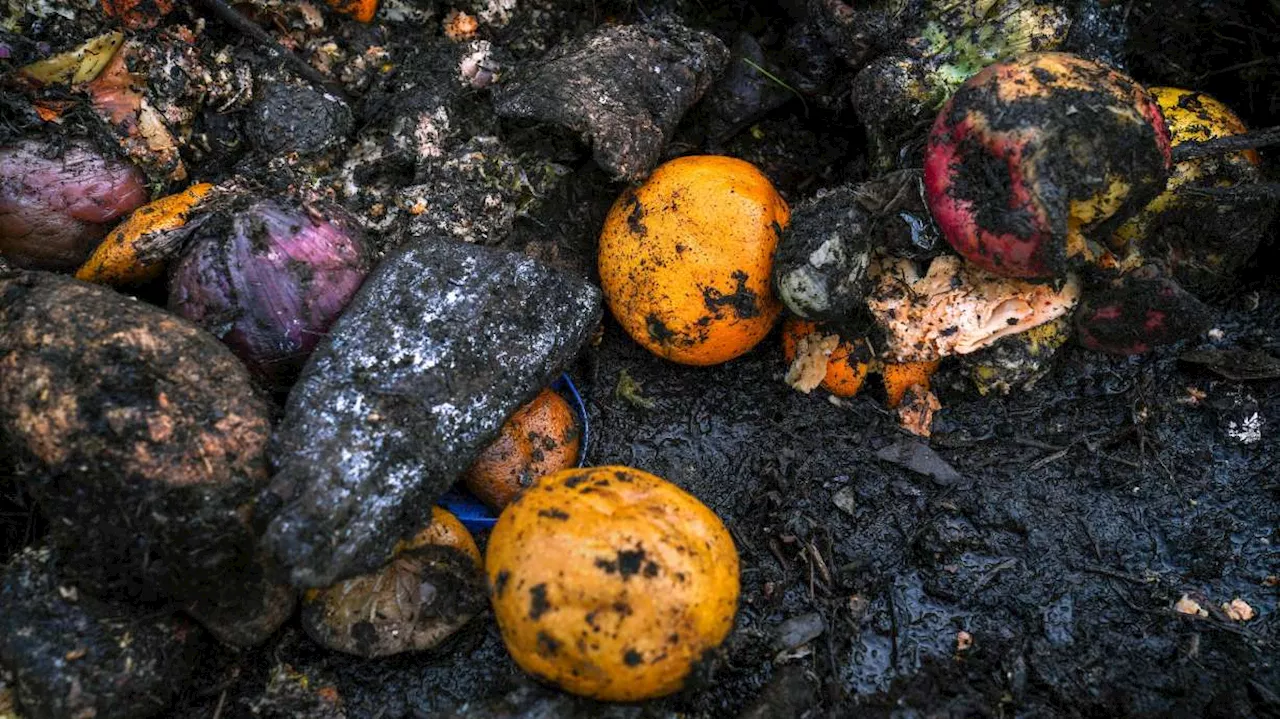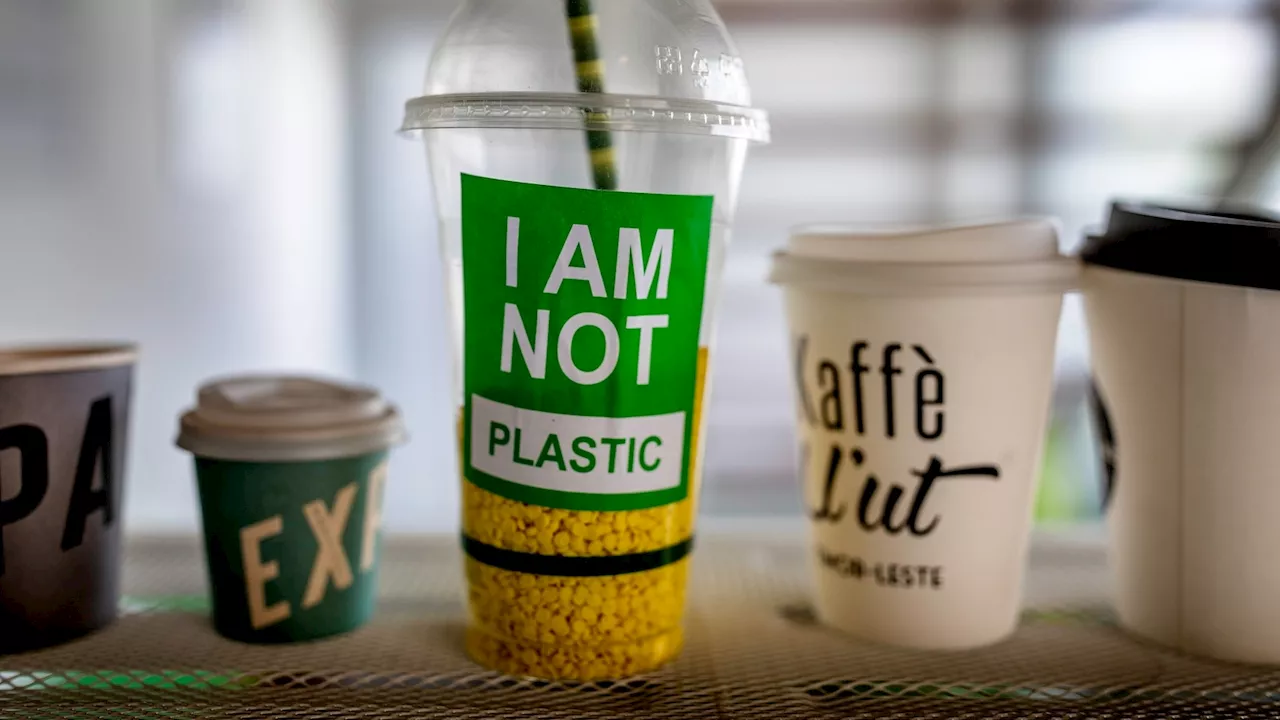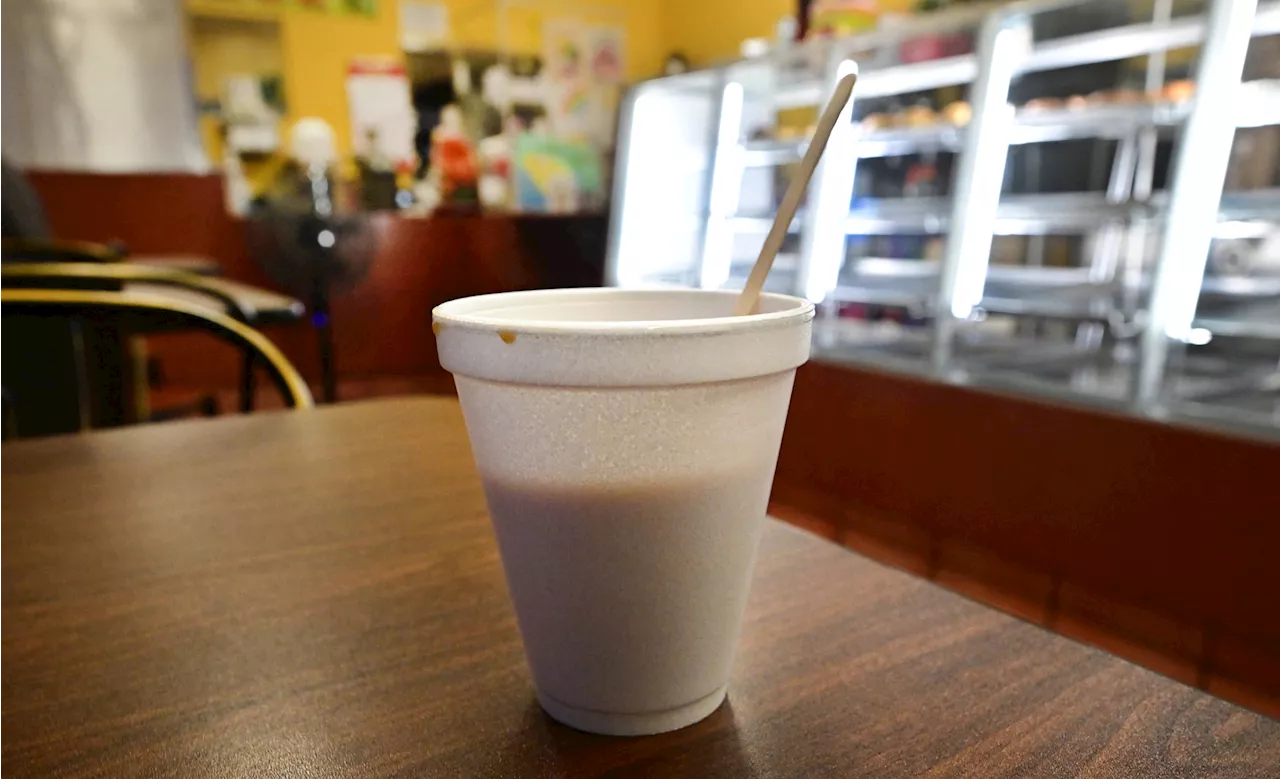This article explores the escalating problem of plastic waste in Europe, highlighting the urgent need for comprehensive solutions. By analyzing political, economic, social, technological, ecological, and legal factors, the article emphasizes the interconnected nature of the issue and argues for a systemic approach. It delves into the challenges of plastic recycling, the impact of microplastics on human health and the environment, and the importance of individual responsibility and eco-design.
The use of plastic has skyrocketed over the past decade. Recent statistics reveal that in 2021, each person in the European Union (EU) generated an average of 36 kg of plastic packaging waste. Of the more than 16 million tonnes of plastic packaging generated that year, only 6.5 million tonnes were recycled. Plastic recycling remains a serious problem.
Inadequate recycling not only increases the amount of waste left in landfills, incineration plants, and nature but also contributes to the formation of microplastics, which threaten both ecosystems and human health. According to Artūras Torkelis, a PhD student at Kaunas University of Technology (KTU), proper waste management is essential for reducing these risks.To improve the situation, the waste management process cannot be addressed from only one side. It is a multidimensional problem, and therefore, the approach to it must be broad and systemic. 'Focusing solely on improving recycling technologies or finding new methods without considering economic, environment and legal aspects would be a mistake. This approach won't just fail to solve the problem, it could also lead to shortfalls when considering other aspects,' says Torkelis. To better understand how external factors influence plastic packaging recycling, KTU researchers conducted a macro-environmental analysis that examined six key areas: political, economical, social, technological, ecological, and legal factors.Political and legal factors include a range of legislation and policies to regulate the management of plastic packaging waste. They help to control producers, waste managers, and recyclers but are often insufficient to ensure smooth and efficient waste management. For example, for a long time, the EU's plastic packaging waste system was governed by the Packaging and Packaging Waste Directive, adopted 30 years ago, which left it up to the countries to decide how to meet the targets set.'As a result, these goals were often difficult to meet, as countries implemented them in different ways,' explains Torkelis, a PhD student at KTU Institute of Environmental Engineering. It was not until 2024 that a new regulation was adopted, which will soon come into force and will be equally applicable to all countries. This will ensure clearer and more efficient recycling of plastic packaging. Discussing economic aspects, Torkelis highlights that current recycling technologies often fail to produce high-quality recycled plastics in a cost-effective manner. Consequently, recycled plastics are sold at prices that are 2-3 times lower than virgin plastics in global markets. Additionally, oversupply from China, other Asian countries, and North America further reduces the competitiveness of recycled plastics. Because virgin plastics are often more adaptable and cost-effective, they remain the preferred choice for manufacturers. However, primary sorting, where waste is immediately separated by type in the home environment, is more efficient than secondary sorting, where mixed waste is sorted only at sorting centres. Motivating people to do so remains a challenge. A common myth is that sorted waste ultimately ends up in landfills or is incinerated, undermining public motivation to recycle. 'That's why educational initiatives that show the journey of waste from collection to recycling are so important,' says Torkelis. In Lithuania, the KTU expert highlights the example of Alytus, where successful prevention measures have helped to increase the involvement of the population and ensure better waste sorting. However, attitudes and behaviour vary in other Lithuanian cities. 'In Kaunas, for instance, it is noticeable that waste collected from private houses is usually cleaner than waste from public containers in apartment blocks,' he says. This shows that individual responsibility and social norms influence the quality of sorting.According to Torkelis, although the technologies of plastic packaging waste recycling are sufficiently developed and continuously improved, recycling composite packaging still presents challenges. KTU specialist says that current solutions are often inefficient -- not just technologically, but also economically and environmentally, which is why more and more attention is being paid to eco-design: 'The focus is not only on whether packaging can be recycled but also on its initial design, ensuring it is easy to recycle or reuse.' He believes that the use of combined packaging should be limited to cases where it is essential, such as pharmaceuticals, while it should be discouraged in other areas where it is often chosen for aesthetic reasons.
Plastic Waste Recycling Microplastics Environmental Impact Waste Management Eco-Design
United States Latest News, United States Headlines
Similar News:You can also read news stories similar to this one that we have collected from other news sources.
 Aluminum Coffee Pods Aim to Solve Keurig's Plastic Waste ProblemA new company, Cambio Roasters, claims to have a solution to the environmental concerns surrounding Keurig's K-cup coffee pods. They offer aluminum coffee pods that are infinitely recyclable, unlike the plastic K-cups that have become a major source of waste.
Aluminum Coffee Pods Aim to Solve Keurig's Plastic Waste ProblemA new company, Cambio Roasters, claims to have a solution to the environmental concerns surrounding Keurig's K-cup coffee pods. They offer aluminum coffee pods that are infinitely recyclable, unlike the plastic K-cups that have become a major source of waste.
Read more »
 Denver Airport's Zero Waste Valet Program Diverts Nearly 70 Tons of Waste in Six MonthsDenver International Airport (DIA) has launched a successful pilot program called Zero Waste Valet, diverting nearly 70 tons of waste from landfills in just six months. The program, which focuses on improving waste diversion rates through a dedicated collection service, aims to minimize the environmental impact of airport operations.
Denver Airport's Zero Waste Valet Program Diverts Nearly 70 Tons of Waste in Six MonthsDenver International Airport (DIA) has launched a successful pilot program called Zero Waste Valet, diverting nearly 70 tons of waste from landfills in just six months. The program, which focuses on improving waste diversion rates through a dedicated collection service, aims to minimize the environmental impact of airport operations.
Read more »
 The problem with food waste: Study says US lagging on goalsThe U.S. is falling short of its goal to halve its food waste before 2030.
The problem with food waste: Study says US lagging on goalsThe U.S. is falling short of its goal to halve its food waste before 2030.
Read more »
 Plastic Pollution: A Growing Global ThreatThis article explores the escalating problem of plastic pollution and its detrimental impact on the environment and climate change. It highlights the alarming rate of plastic production, the US's leading role in plastic consumption, and the challenges of managing this waste.
Plastic Pollution: A Growing Global ThreatThis article explores the escalating problem of plastic pollution and its detrimental impact on the environment and climate change. It highlights the alarming rate of plastic production, the US's leading role in plastic consumption, and the challenges of managing this waste.
Read more »
 California to Effectively Ban Expanded Plastic Foam Food ContainersCalifornia is set to implement a de facto ban on expanded plastic foam food containers starting January 1, 2023, aiming to reduce plastic waste and its environmental impact.
California to Effectively Ban Expanded Plastic Foam Food ContainersCalifornia is set to implement a de facto ban on expanded plastic foam food containers starting January 1, 2023, aiming to reduce plastic waste and its environmental impact.
Read more »
 Minneapolis-Based Aspen Waste Systems Enters Colorado MarketAspen Waste Systems, a top 20 national waste hauler, has opened a new facility in Commerce City, Colorado, marking its entry into the competitive waste disposal and recycling market. The company, known for its 'premium' waste stream management and hauling services, plans to focus on both commercial and residential clients.
Minneapolis-Based Aspen Waste Systems Enters Colorado MarketAspen Waste Systems, a top 20 national waste hauler, has opened a new facility in Commerce City, Colorado, marking its entry into the competitive waste disposal and recycling market. The company, known for its 'premium' waste stream management and hauling services, plans to focus on both commercial and residential clients.
Read more »
